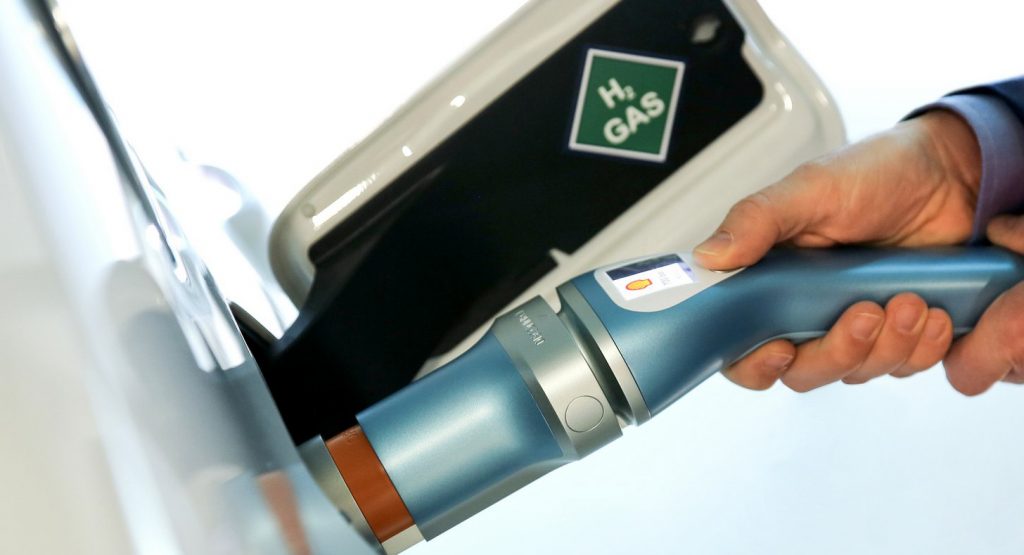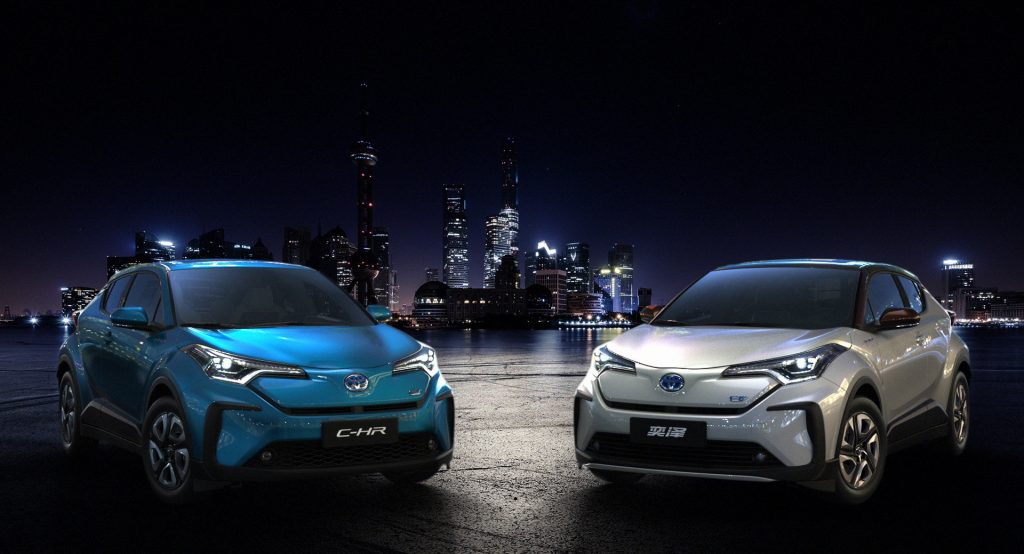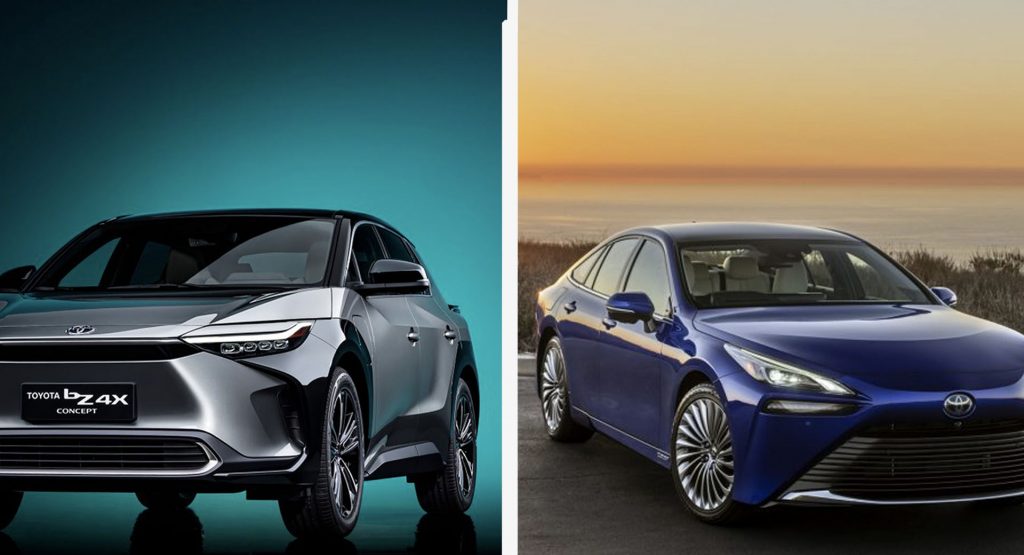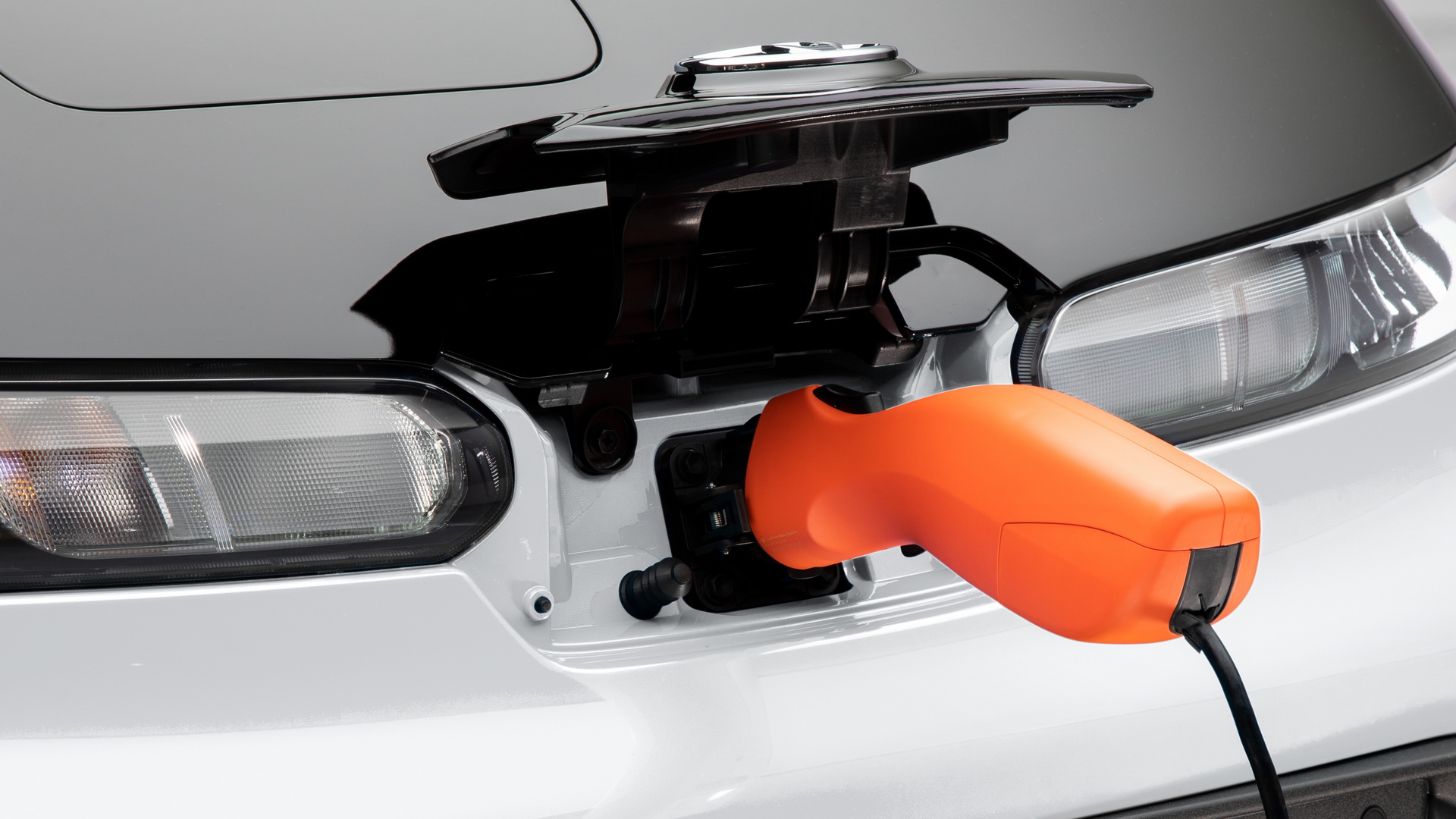It’s long been known that Toyota isn’t exactly on board with the notion of EVs being the future. Or at least, they’re reluctant to make battery-electric vehicles their only option for the future, as Toyota is one of only a handful of mainstream automakers who offer a hydrogen fuel cell vehicle to the public. Plus, they’ve repeatedly highlighted that the long-term costs of long-range BEV ownership are “much higher” than that of a PHEV.
However, according to a report by The New York Times, that viewpoint has led the Japanese automaker to lobby congressional leaders — behind closed doors — as it aims to push back on plans the Biden administration has to accelerate a transition to EVs.
Did They Back the Wrong Horse?
Hydrogen was long thought to be the next big thing — and Toyota thought so as well. They began investing in this tech around the same time that Honda made inroads with their FCX and later the Clarity. But Honda has since pulled the plug, shifting focus to EVs. Many other automakers have dropped hydrogen-powered cars, with Volkswagen being particularly outspoken about the matter.
Toyota continues to push forwards with the Mirai, now in its second generation. And while they’ll admit that wide-spread use of hydrogen cars is still perhaps a decade off, there’s a belief that gasoline-hybrid vehicles should be prioritized to take us there.
Read: VW & Stellantis No Longer Believe In A Hydrogen Future
As the report from The New York Times points out, an accelerated shift from gas-powered cars to EVs could spell doom for Toyota’s business interests. Interests that had been centered on a hydrogen future, not an electric one.
While the Japanese automaker has long been touted to unveil a solid-state battery that will offer advantages to the alternatives used by its competitors, analysts say that we may be far off.
From A Green Future Pioneer To A Staunch Display Of Push Back
For at least the past couple of decades, Toyota has branded itself as a pioneer of a sustainable future. The Prius was a massive piece of the puzzle, and there’s little doubt that being early to market helped hasten the adoption of electrification.
But now, Toyota appears to be making an attempt to hold back progress on emissions. While their marketing may suggest otherwise, their political donations paint a different picture, says the Times report. A watchdog for campaign contributions found that Toyota “was the largest corporate donor by far this year to Republicans in Congress who disputed the 2020 presidential election result.” The Trump administration was famously opposed to California setting its own emissions standards and sought to end the stricter regs. The state’s rights have since been restored by the Biden administration.
See: Toyota To Review Lobbying Activities Following Pushback From Investors
And it’s not just in the US. Indian executives attached to the brand decried the country’s target of going all-EV by 2030. And, last year, the Japanese carmaker petitioned governments to rethink their blanket bans on ICE car sales. Speaking at a news conference for the Japan Automobile Manufacturers Association, Toyota’s Chairman, Akio Toyoda, claimed Japan would run out of electricity in the summer if all vehicles were electric. He added that the infrastructure needed to support a complete transition to EVs would cost the country the equivalent of $135 billion to $358 billion.
While all this has been going on, EPA figures show that Toyota has stagnated when it comes to fuel economy. The brand that was once a leader has allegedly prioritized the sales of high-margin SUVs and trucks, leaving them in the bottom tier of US economy ratings.

Time Is Running Out
With many car companies setting hard deadlines for the phasing out of the internal combustion engine, Toyota may find itself in a difficult spot. It would certainly explain their lobbying. But their recent actions have done nothing for the brand’s credentials. Most of the Republicans Toyota had funded were identified as disputing the scientific basis for climate change.
Although the carmaker initially defended the donations, they later said they would stop the funding. Their clarification to the Times reaffirmed that the auto giant does indeed believe in climate change.
Moreover, despite all that, it would appear that a rather large market that is somewhat more difficult to influence will eventually force their hand. China requires that automakers ensure at least 40 percent of their sales are EVs by 2030. At present, Toyota’s only electric offerings to the Chinese market are the CH-R EV and IZOA. The twin models are products of collaborations with local producers FAW and GAC, and are based on the gas-hybrid versions of the standard CH-R.
However, at the Shanghai Auto Show, Toyota previewed an electric concept co-developed by Subaru. The bZ4X EV previews 15 dedicated electric vehicles to be introduced by 2025. This might still a drop in the ocean compared to the planned 70-total model range that will feature hybrids and hydrogen, but it shows that, at last, Toyota has agreed to play the EV game.








